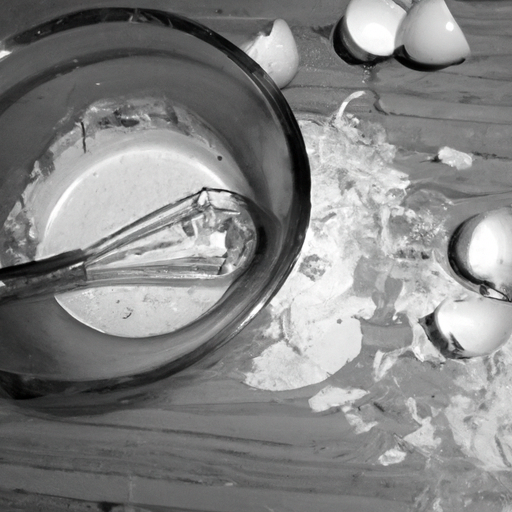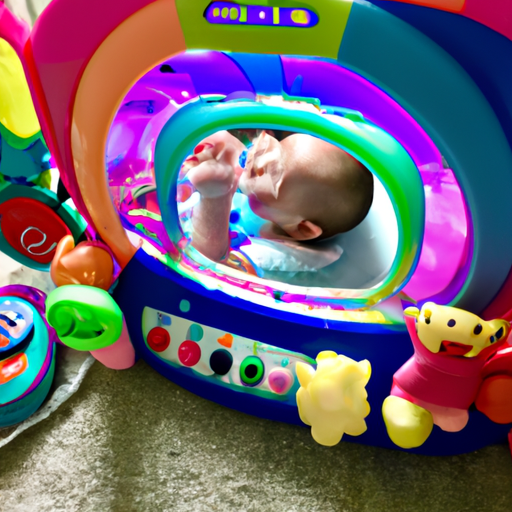“Pregnancy is a wild ride, isn’t it? You’re blowing up into a beach ball, you have to pee every seven seconds, and your pregnancy insomnia leads to late-night online searches like, ‘Do contractions make you poop?’ We get it; it’s normal to worry about how labor and delivery will go, especially after everything you’ve already been through the past nine months. The truth is, the childbirth experience is like many things in life — no two are exactly the same. The truth about labor is it could last one hour or 72 hours. You might give birth vaginally or via C-section. And you might meet your new baby at home in your bathtub or a hospital bed. You don’t know what will happen, and neither does anyone else. That’s the one constant in childbirth and the truth about labor — you can never truly predict how it will all go. Just be your amazingly strong rockstar self, and you’ll come out on the other side proud of what you did. You’ll be sweaty and stinky, and 83 people will have seen you naked, but you won’t care, and you’ll be proud. We promise.”
Read more about the latest articles
Poop Will Be a Part of Your Story
During labor and delivery, it’s almost inevitable that poop will become a part of your story. Whether it’s the embarrassment of pooping on the delivery table while pushing, or the fear and anticipation of that first postpartum poop, poop is just part of the process. But it doesn’t stop there. Sometimes, babies poop in utero, and when the OB-GYN breaks your water, meconium (the baby’s first poop) might shoot out as well. It may be messy and slightly gross, but it’s completely normal and a common occurrence during childbirth.
Read more about the latest articles
Speaking of Poop, It Might Feel Like You’re Pooping Out Your Baby
As strange as it sounds, many women describe the sensation of giving birth as feeling like they’re pooping out their baby. The pressure and sensation in the pelvic area can resemble that of passing a bowel movement, which can be confusing and disconcerting. Rest assured, you’re not actually pooping out your baby. It’s just your body’s way of preparing to bring new life into the world. So, keep pushing and know that you’re doing it right, even if it feels a little strange.
It’s Not Pretty. It’s Downright Messy and Gross
Childbirth is messy and gross, there’s no sugarcoating it. There are liquids, smells, blood, and potentially poop and urine involved. Plus, a lot of slimy gunk from your insides will come out during the process. While this may not be the most glamorous experience, it’s important to remember that the messiness is a result of your body working hard to bring your baby into the world. So, embrace the mess and focus on the beautiful outcome of holding your little one in your arms.
Also, You Might Puke
In addition to the mess, nausea and vomiting are not uncommon during labor and delivery. Between the intensity of the pain, medications, and potentially having a full stomach, vomiting can be a regular occurrence. It’s just another part of the not-so-glamorous side of childbirth. But don’t worry, the medical professionals attending to you are well-prepared for these situations and will do everything they can to make you as comfortable as possible.
The Whole Room Will Smell (And Not in a Good Way)
With the combination of bodily fluids, sweat, amniotic fluid, and possibly urine or vomit, the labor and delivery room can become quite odorous. While you may not notice it in the moment due to the excitement and focus on your baby, taking a deep breath in that room might bring back memories of the less-than-pleasant smells. It’s all part of the experience, and the smell will fade away once the baby has arrived safely.
There’s a Whole Other Part of Birth That Happens Afterward
Many people are aware of the process of giving birth itself, but not everyone is aware of what comes after. Once your baby is born, there’s still more to be done. The placenta, which has been playing a crucial role in supporting your baby throughout the pregnancy, needs to be delivered. Additionally, nurses will help your uterus contract back to its original form by gently massaging your abdomen. These post-birth tasks can sometimes be uncomfortable or painful, adding to the overall labor and delivery experience.
You Develop Respect for the Metric System
During labor and delivery, one measurement becomes particularly significant – 10 centimeters. This is the magical number that represents full dilation of the cervix, indicating that it’s time to start pushing. As you navigate the stages of labor, that number will be mentioned frequently, and you’ll gain a newfound appreciation for the metric system. Additionally, you’ll realize that the journey from 2 centimeters to 10 centimeters can feel like an eternity, despite it often being just a matter of hours.
The Best-Laid Plans… Well, They Often Change
As with many things in life, childbirth rarely goes according to plan. You may have envisioned a smooth and uncomplicated vaginal birth, but circumstances can change rapidly. An emergency C-section might become necessary, or maybe you’ll unexpectedly deliver your baby at home. It’s important to remember that while it’s good to have a birth plan and voice your preferences to your healthcare providers, ultimately, the goal is a healthy outcome for both you and your baby. Be prepared for the unexpected and embrace the flexibility that childbirth often requires.
Labor May Last 24 Hours or 24 Minutes, So Be Prepared
Labor times can vary greatly from person to person. Some women experience long, drawn-out labors lasting 24 hours or more, while others have short and intense labors that only last minutes. The truth is, there’s no definitive way to know how long your labor will be. It’s always best to be prepared for the long haul, mentally and physically, but also keep in mind that your labor might progress rapidly and result in a much shorter experience than anticipated. Every birth story is unique, so embrace whichever path yours takes.
Have a Back-up Plan (And a Back-up Plan for Your Back-up Plan)
When it comes to childbirth, having a backup plan is crucial. There are so many variables at play, and things can change in an instant. Whether it’s arranging childcare for your other children, preparing for a longer commute to the hospital, or accounting for any unique medical needs, having contingency plans in place is essential. Babies don’t follow clocks or calendars, and labor can happen at any time. So, be prepared for various scenarios and have alternative arrangements ready to go.
Stay tuned for the remaining sections…












